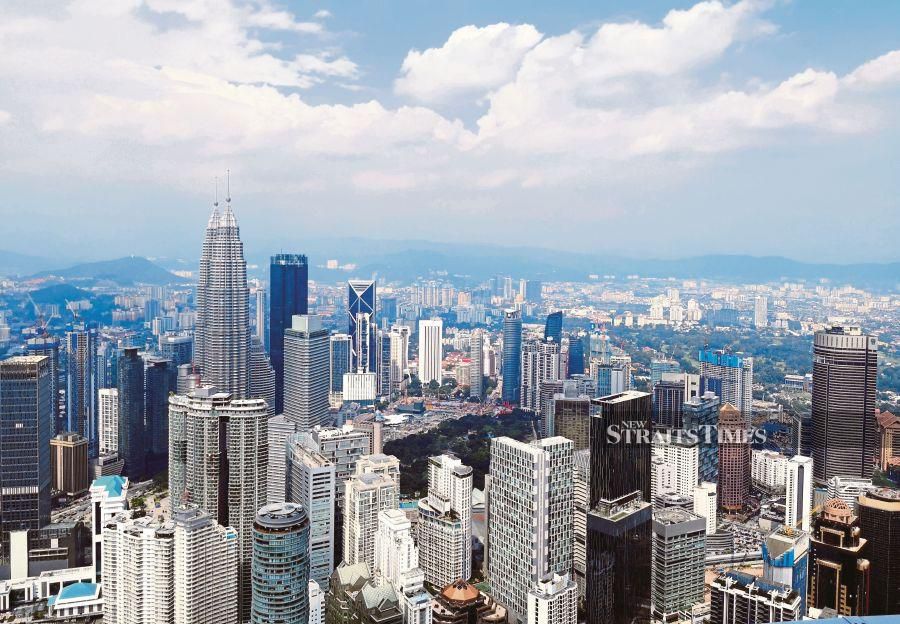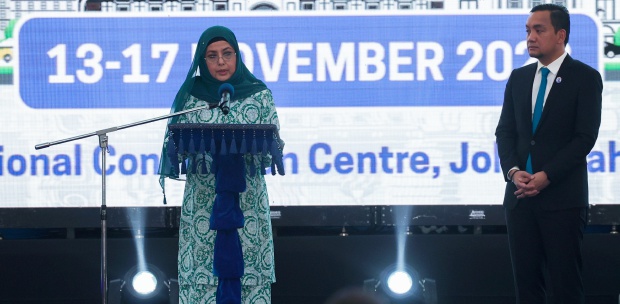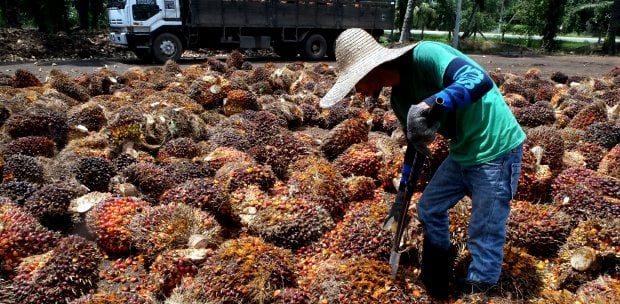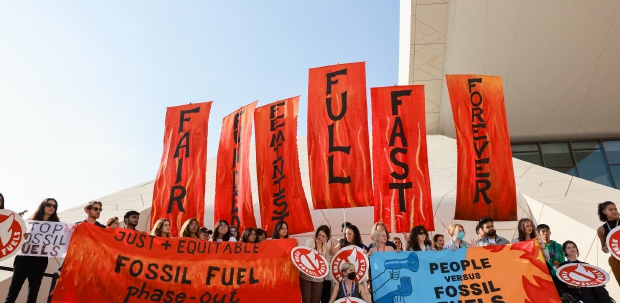No matter the politicking, Malaysia needs to come out strong with new and bold targets to reduce its greenhouse emission while charting a national conversation to achieve the Sustainable Development Goals (SDGs).
This should not be left to the Prime Minister's Office or to other experts and policy makers in the government.
Perhaps climate action and the pursuit of the goals should become the new minimum common denominator for politicians to regain not only civility among themselves, but also to win back the trust of the citizenry.
It is the glue that keeps society together and strengthens the social fabric.
We need to have Team Malaysia working at unison. We need members of the government who can set aside their egos and short-term interests, and who can overcome party rivalries for a better common good.
We also need citizens who can step up and get organised to propose ideas and work with policy makers.
After all, as recently written by Sudip Ranjan Basu in these pages, we are in an era of a new type of policy making that should bring people together, involving and engaging them, helping to redefine traditional boundaries of the way we understand representative democracy.
I would like to propose some ideas for new forms of "participated" policy making.
FIRST of all, Dewan Rakyat and Dewan Negara should constitute climate action and SDGs intra- party caucuses to brainstorm on the best action to a more sustainable and inclusive future.
These forums are to be jointly chaired by a member of the opposition and a member of the majority, and they should invite think tanks and civil society groups, academicians to share insights and ideas.
SECOND, each state assembly should replicate the exercise locally because it is imperative to localise such debate as much as possible; the closer to the people, the better.
THIRD, think tanks and civil society groups should devote more energy to come up with solutions and propositions.
While doing so, each of them should try to answer the following questions: how can citizens be involved and engaged in such discussions, and what are the trade-offs, the direct implications of bold climate action and sustainable development for the people?
FOURTH, schools and universities must be mobilised. This has to be a national call.
Some learning institutions are promoting the SDGs but more in the forms of training and awareness.
Schools and universities must be bolder. Give space for deliberations to the students.
As long as discussions on sustainability and SDGs will be confined to detached committees run by administrators, I doubt that long-term and decisive action will emerge.
The scarcity of financial resources should not be an excuse for continuing disempowering students, but rather a source for new creativity and ingenuity.
Why not create contests where students can tap into the vast and too often unrecognised expertise of local communities where their schools and universities are "supposedly" embedded in and come up with initiatives that could become templates for grassroots actions?
FIFTH, let's create citizens' assemblies like it is happening all over the world, where citizens, politicians and students can come together to discuss and chart new ideas.
It can start in the simplest way possible, like a small gathering of citizens coming together for weekly discussions about local issues.
SIXTH, this is going to be the decade of the cities. They are going to play a fundamental role. Kuala Lumpur should embrace the myriad of initiatives being experimented globally in sustainability and climate action and take the lead.
If Jakarta is doing it, why not Kuala Lumpur?
Smaller places must be involved as well. We should include and engage folks who are normally overlooked and excluded from decision-making.
Malaysia can be at the forefront of a new way of deliberation and people centred planning.
The stakes could not be higher. By the end of 2021, it is important that the country shifts gears when we talk about climate action and sustainable development.
Let's instead embrace what pundits call "a whole of society" approach and ensure that the new "top" is shaped by people.
This means allowing people from all walks of life to roll up their sleeves and take action. 2021 is definitely a decisive year for Malaysia.
The writer is the Co-Founder of ENGAGE and writes on social inclusion, youth development, regional integration and the SDGs in the context of Asia Pacific
The views expressed in this article are the author's own and do not necessarily reflect those of the New Straits Times






